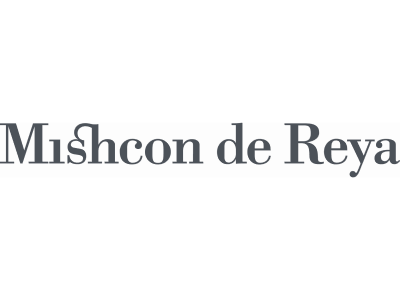 The dating site operator, Match Group, which owns services such as Match.com, Tinder and Hinge, was successful in defending an appeal by online dating service, Muzmatch, of the High Court finding that service Muzmatch had infringed Match’s trademarks and passed them off. Match has registered trademarks for, amongst others, various iterations of MATCH (such as “match.com”) for dating services. Muzmatch had been using MUZMATCH in various iterations since April 2011 which Match claimed infringed its rights.
The dating site operator, Match Group, which owns services such as Match.com, Tinder and Hinge, was successful in defending an appeal by online dating service, Muzmatch, of the High Court finding that service Muzmatch had infringed Match’s trademarks and passed them off. Match has registered trademarks for, amongst others, various iterations of MATCH (such as “match.com”) for dating services. Muzmatch had been using MUZMATCH in various iterations since April 2011 which Match claimed infringed its rights.
Whilst it had changed its name following the High Court decision to Muzz, Muzmatch appealed the High Court decision, which found in Match’s favor, that the use of Muzmatch’s signs would give rise to a link in the mind of the average consumer to Match’s trademarks. Muzmatch argued that the Judge had failed to take into account: (i) the characteristics of the average consumer when making his global assessment, in particular that the average consumer would pay a higher level of attention than a normal consumer; (ii) the differences between Muzmatch’s services (which are aimed specifically at the Muslim community with features designed to reflect Islamic values) and Match’s services (aimed at the general public) which was important context for the assessment of the likelihood of confusion; and (iii) the absence of evidence of actual confusion despite the parties having traded alongside each other for over 10 years. The Court did not overturn the High Court’s decision in this regard.
The most important issue in the appeal was whether Muzmatch had a defense of honest concurrent use. The Court of Appeal held (confirming the High Court’s finding) that honest concurrent use is not a free-standing defense but can defeat an allegation of infringement because it shows that the conditions for infringement are not satisfied. This may be the case even if: (i) there is some actual confusion on the part of consumers; and/or (ii) the trademark proprietor is the senior user, i.e., they used the mark first, in relation to the relevant services (or goods).
Once Match had established a prima facie case of infringement, the burden was on Muzmatch to show that, by virtue of its honest concurrent use, there was no adverse effect on the functions of Match’s trademarks, including confusion as to trade origin.
Of particular interest in this case was that, in most honest concurrent use cases, the use relied on is not infringing use when it started whereas, in Muzmatch’s case, the use started as infringing use of Match’s earlier registered marks. Whilst the Court held that Muzmatch did not intend to infringe, as it believed its use of ‘match’ was descriptive, this was not enough for a defence of honest concurrent use if Muzmatch’s actions, objectively, infringed Match’s rights.
The Court of Appeal upheld the finding that it was likely that a substantial proportion of the relevant class of consumers would assume Muzmatch was related to Match because they would have thought it was a sub-brand of Match’s business specifically targeted at Muslim users. The Court of Appeal said this was “not a case where the length and scale of the concurrent use compels the court to infer that most consumers have learnt the difference between the two marks”.
Even if Muzmatch’s use had been honest (which in the end the Court did not need to consider), Muzmatch had also failed to demonstrate that: (i) consumers had come to understand that Match’s trademarks and Muzmatch’s signs were from different trade origins; and (ii) the use of their signs did not take unfair advantage of the reputation of Match’s trademarks.
The case demonstrates that, despite the two businesses operating in the same market for over 10 years and there being a lack of evidence of actual confusion between the two, one can still take unfair advantage of the other’s trademarks and be infringing if consumers believe there is a connection between the two businesses which affects trade origin. The Court was keen to impress that the position can change over time so it is worthwhile for brand owners to keep watch and take timely action.
Written by Cassandra Hill, Partner and Head of Mishcon de Reya’s IP Enforcement Group.











